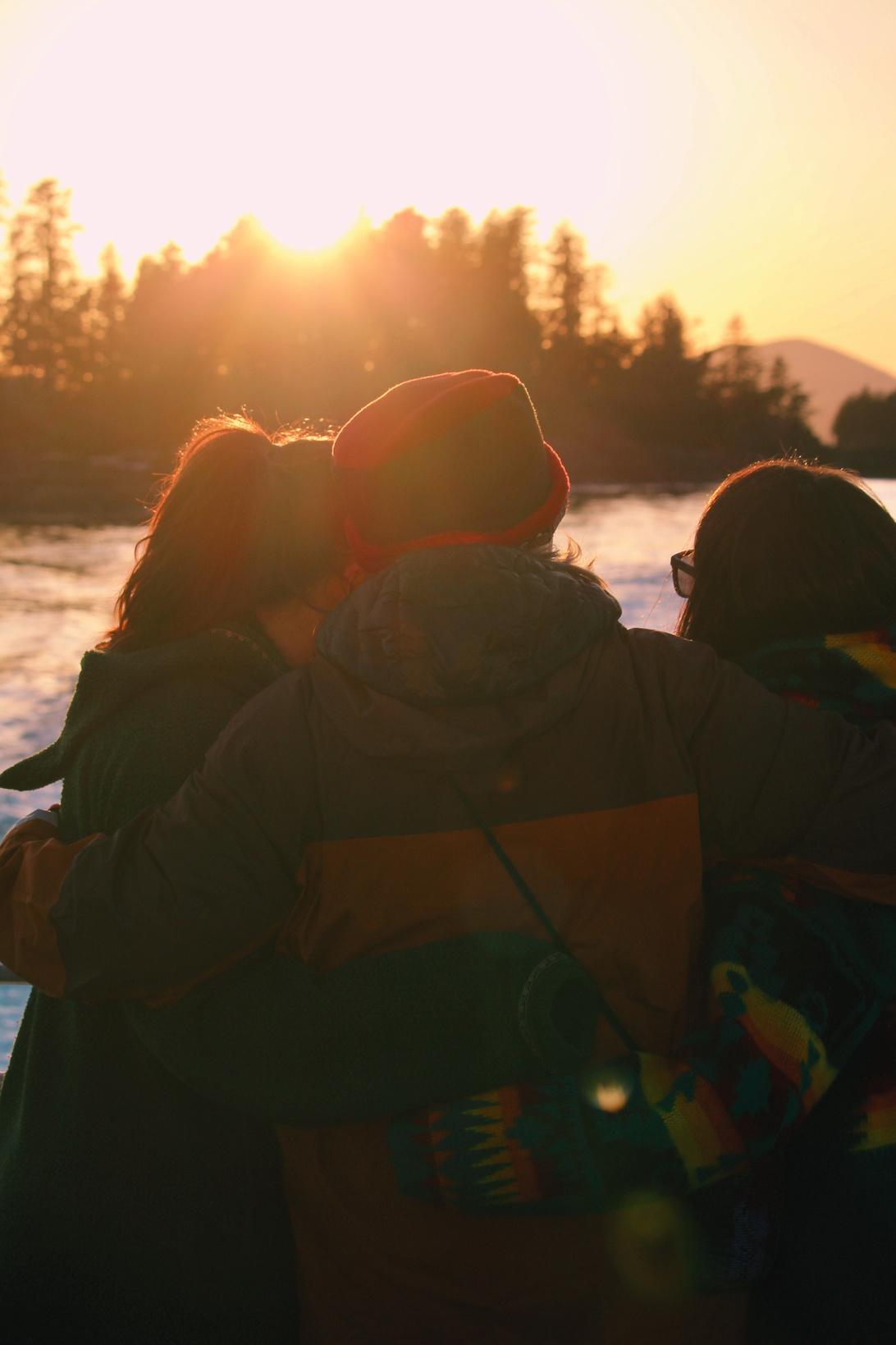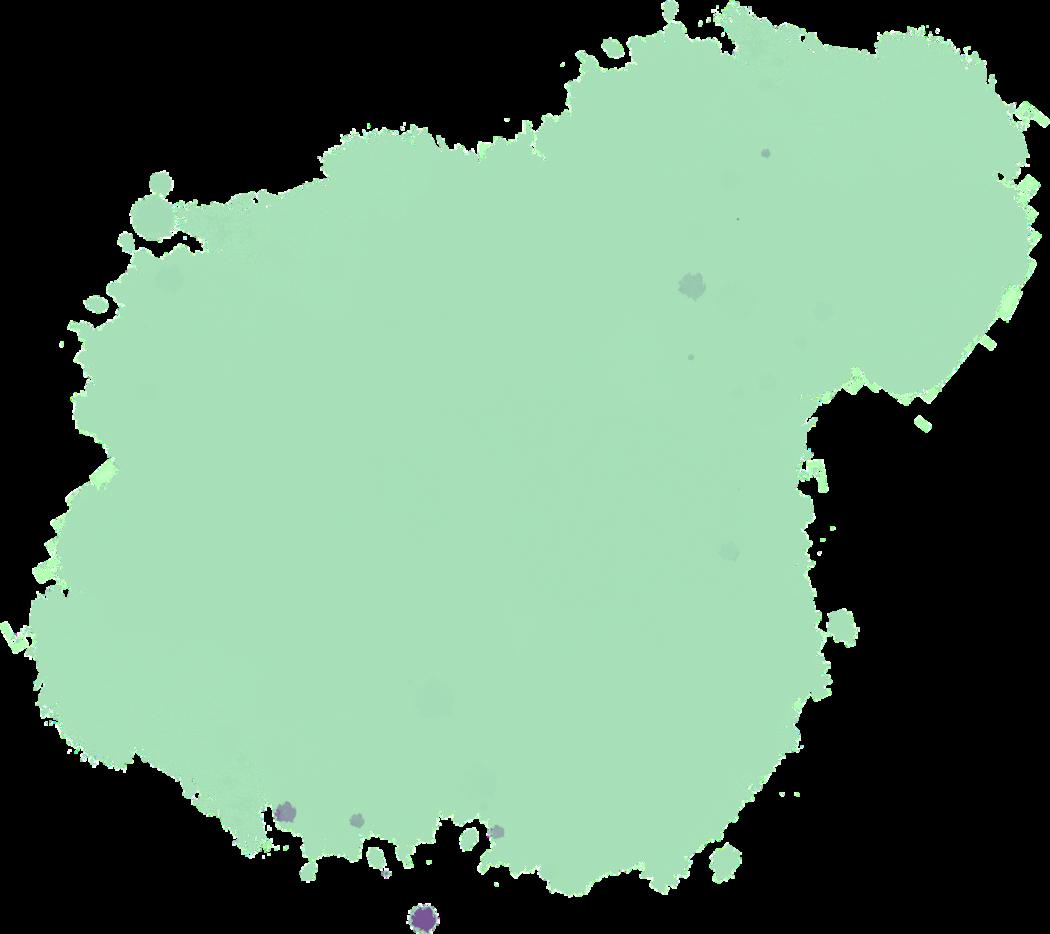
3 minute read
Care
TANGIBLE LOVE AND SUPPORT FOR OURSELVES AND OUR NEIGHBORS ALLOWS US TO NURTURE JUST COMMUNITIES OF CARE.

Advertisement
@JUSTTRANSITION_AK
Care-taking is labor. Child-care, elder-care, health-care, disabilitycare, home-care, all of this care requires work. But that work is too often ignored, undervalued, and underpaid.
We need to reimagine the economy of care. In a just care economy, we would honor care-givers and, at the same time, we would make appropriate care affordable and accessible for all.
The current economy relies on the exploitation of care labor, which is too often the labor of women and girls.
Reproductive labor, usually done by women, is the work that enables all other work. Raising children, feeding families, maintaining a home–this work makes all other labor possible. By refusing to pay for this foundational work, others are able to capture the wealth that it creates. In this way, the capitalist economy both relies on and reinforces degrading gender hierarchies.
Care-taking outside the home, also usually performed by women, often lacks basic worker protections. For example, caretakers and housekeepers have long been excluded from basic legal protections, like wage laws and contracts with their employers.
At the same time as care-workers are exploited, those in need of care struggle to find affordable and culturally appropriate care, including care in one’s own language. Elders unable to access inhome care are moved far from family and community to facilities that may be unable to offer culturally-informed care.
Elder-care will be an increasingly pressing issue for Alaska. The average age in Alaska is increasing faster than anywhere else in the country.
Quality care is often expensive, which forces too many families to make difficult choices. Some families decide to stay home to provide care to their loved ones, but these caregivers may lack the expertise and support they need to provide effective care. Yet this is usually the only or best option for families, especially in comparison to under-funded and far-off institutional care. As a result, care-taking too often becomes a heavy burden on individual families.
When we share the labor of care, it can be joyful and meaningful work that sustains a community. When disabled people are given legal autonomy of their own bodies, are not forced into legal poverty, and can receive affordable and appropriate care in their own homes, they and their families can rightfully participate fully in their communities. When caregivers make a living wage, they too can afford to stay in and care for their own community.
"Our job is to heal people. We’re here to comfort them and nourish them back to health. They may be in pain. They’re vulnerable. They may have fear. Most have come a long way; some by boat, snow machine, small planes, through airports and cold places…After all that, food plays an important role in bringing them comfort. Food is medicine. " ALASKA NATIVE BIRTHWORKERS COMMUNITY
is a grassroots organization based in Degeyaqaq (Anchorage) of volunteer Alaska Native reproductive justice advocates, educators, and caregivers. ANBC works to reclaim Indigenous birth practices and supports families from preconception through postpartum with culturally matched care. ANBC both provides direct services for Indigenous families and builds capacity within the community to continue the work.
HOUSE BILL 292
proposes changes in the system that would result in reducing some of the existing barriers to access and providing care and ensuring individuals receive the amount of care they need to stay in their homes. The state budget also includes a provision that would guarantee wage increases for caregivers. Thanks to a broken system, caregivers are undercompensated and struggle to find full time hours, even as the demand for their work has skyrocketed.
ALASKA NATIVE TRIBAL HEALTH CONSORTIUM
Executive Chef Amy Foote cares for patients through food and the wisdom of Alaska Native people. Nutrient-rich and culturally-impactful Indigenous comfort foods provide healing power to patients and staff.
MUTUAL AID NETWORKS
During the COVID-19 pandemic, many communities relied on mutual aid to keep each other safe. For example, Frontline Business Safety Initiative provided safety supplies. Capital Canvas in Juneau retooled to create personal protective equipment. Alaskan distilleries and breweries switched to making hand sanitizer. And Dimond High School students 3D-printed face masks.










